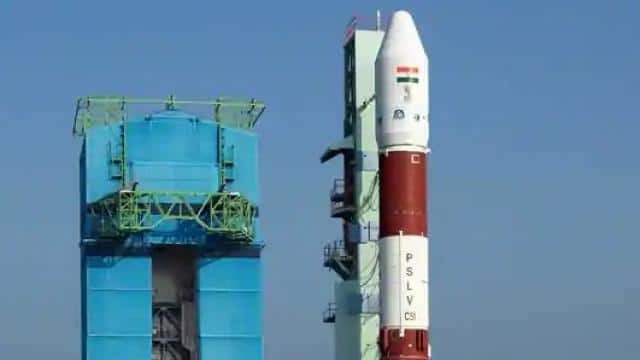Indian Space Research Organization (ISRO) is launching the mission from the Satish Dhawan Space Center, This will be the 53rd mission of PSLV. The launch begin on February 28 at 10:24 am

The countdown for the start of the PSLV-C51 / Amazonia-1 mission started on Saturday from the Satish Dhawan Space Center in Sriharikota, Andhra Pradesh. “The countdown has commenced for the launch of # PSLVC51 / Amazonia-1 mission at 08:54 AM today from Sriharikota, the share of Satish Dhawan Space Center (SDSC) of Indian Space Research Organization (ISRO).” ) said.
The launch will begin at 10:24am on February 28
Amazonia-1 of Brazil will lift off along with 18 co-passenger satellites
The Brazilian satellite is aimed to bring remote sensing data
Countdown for the launch of #PSLVC51/Amazonia-1 mission commenced today at 0854Hrs (IST) from Satish Dhawan Space Centre (SDSC) SHAR, Sriharikota.
— ISRO (@isro) February 27, 2021
Launch is scheduled tomorrow at 1024 Hrs IST. pic.twitter.com/XRx3isDsGm
Brazil’s primary satellite Amazonia-1 and 18 co-passenger satellites on the Polar Satellite Launch Vehicle (PSLV-C51) will be launched from the Satish Dhawan Space Center (SDSC) Sriharikota Range (SHARE) on February 28 for Indian space research. The organization (ISRO) said here on Thursday.
The Polar Satellite Launch Vehicle (PSLV-C51), which is the 53rd mission of PSLV, will launch Brazilian Amazonia-1 as the primary satellite and 18 co-passenger satellites will fly from the Satish Dhawan Space Center at 10:24 am on Sunday. Will fill .
PSLV-C51 / Amazonia-1 is the first dedicated commercial mission of the Indian government company NewSpace India Limited (NSIL) under the Department of Space. NSIL is carrying out this mission under a commercial arrangement with Spaceflight USA.
Amazonia-1 is the optical earth observation satellite of the National Space Research Institute (INPE). This satellite will further strengthen the existing structure by providing remote sensory data to users for monitoring deforestation in the Amazon region and analysis of diverse agriculture in the Brazilian region.
The 18 co-passenger satellites include four from IN-SPACe (three UNITYsats from the consortium of three Indian academic institutes and One Satish Dhawan Sat from Space Kidz India) and 14 from NSIL.

